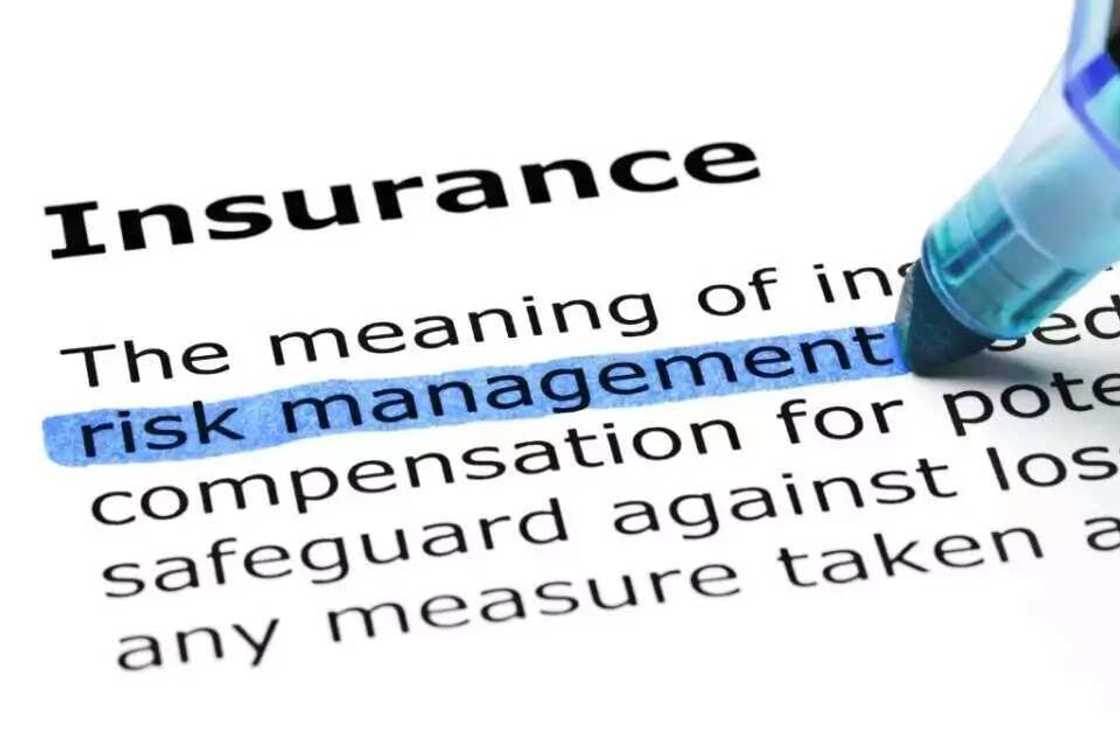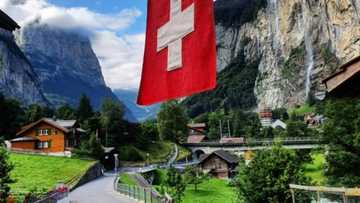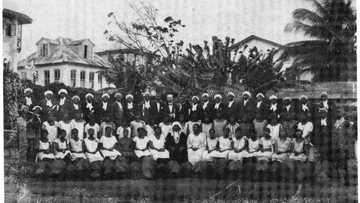Brief history of insurance in Nigeria
Are you accustomed to entrusting your life to insurance companies? See the history of insurance in Nigeria right here.

Insurance is a service that allows you, your family and colleagues have peace and confidence in the future. Currently, there are various kinds of insurance – life, property, health, goods, enterprises etc. But how did all this begin to function? What contributed to the appearance of insurance companies in Nigeria? Follow the evolution of insurance in Nigeria below.
Development of insurance took place long before Nigeria became the independent country. Since that period, Nigeria has overcome a long path filled with different changes.

As years went by, the evolution of insurance became more and more visible, though, in comparison with other world countries, insurance in Nigeria is developed quite poorly. The reasons for this come not only from insurance services but also from economic sector.
Evolution of insurance: Beginning
The prerequisites of the current situation with insurance were born in the colonial period. Until the 1960s, the leading role in the Nigerian insurance market was played by European companies. They insured goods sent to centers of the empire. After colonies gained political independence, African branches of these companies were nationalized, the government tried to form their own insurance markets to avoid currency outflows abroad. And they managed to do this with the support of the UN.

In the 1960s, UNCTAD officially recognized the importance of insurance in the newly liberated countries to accelerate their economic development and free trade. It also facilitated the adoption of a number of bills by the parliaments of African countries formalizing insurance relations.
In 22 countries, including Nigeria, the state monopoly on insurance was introduced.
READ ALSO: Insurance companies in Nigeria ranking
In particular, everything started from the appearance of the Nigerian department of insurance, which occurred after the report by The J. C. Obande Commission.
Appearance of reinsurance companies: State ownership
At the same time, some reinsurance companies appeared in Africa. Firstly, they were created in Egypt, Kenya, Morocco, and Cameroon, and later in Ghana, Sudan, Tunisia, Algeria and, finally, in Nigeria. The shares of these organizations were fully owned by the state.

Private ownership of insurance companies in Nigeria
In the early 90's, the African and Nigerian economy faced opposing trend: under the pressure of the World Bank, insurance markets began to move towards liberalization. The form of ownership began to shift from state to private. Until recent times, they maintained the state monopoly in the insurance industry, but eventually, they abandoned it. This has undermined relatively effective activities of local reinsurers. Many of them could not stand the competition and were eliminated.
What is the oldest insurance company in Nigeria?
1918 – was the time of the creation of Royal Exchange Assurance Agency. This was the first insurance company in the history of insurance in Nigeria.

The oldest insurance company in Nigeria (indigenous to Nigeria) was called African Insurance Company Limited. It appeared and started providing its services in 1958.
European influence
What has happened as a result? European insurance companies have brought their own standards and certain insurance practices, which served as a role model for local insurers and connected Nigerian insurance market with the world reinsurance market.
In 1997 , the National Insurance Commission was formed
By 1998, development of insurance market became much more liberal. By that time, there were 580 African insurance companies, including 157 in Nigeria.
FAIR contribution to the history of insurance in Nigeria
FAIR or Federation of Afro-Asian Insurers and Reinsurers made a great contribution to the functioning and development of the insurance market in Nigeria. It began functioning in 1964 in order to strengthen collaboration between Afro-Asian insurers and reinsurers. Currently, FAIR consists of 188 insurance and reinsurance organizations.

Liberalization of insurance markets should not be understood as the government's refusal to regulate this sphere. It means only a relative simplification of the procedure for entering the market and pluralism of forms of ownership. At the same time, control over the activities of insurers can be quite stringent.
1976 Nigerian Insurance Act
In 1976, the Nigerian Insurance Act was signed. There were no regulatory requirements for the insurers' solvency. However, the situation is changing: in 2003 a new Insurance Act came into being and by early 2007 all insurers and reinsurers were required to increase authorized capital to new and higher standards. Local National Insurance Commission (NAICOM) - no longer accepts borrowed funds from banks and real estate property.
Thus, the development of insurance in Nigeria was influenced by the following factors:
- Colonial heritage in the form of branches of European insurance companies;
They brought their own standards and regulations, which, of course, served as a good impulse and an example. European branches initially connected African insurance market with the world reinsurance market, which consequently increased the capacity of the domestic market.
- Prevention of the emergence and activity of local competitors;

- Voluntary self-isolation;
Insurance market has now been narrowed to a few insurers, losing the ability to self-regulate through competition, as well as through professional associations.
So, you have seen main periods in the development of insurance market in Nigeria and know how its functioning has begun.
READ ALSO: 5 Ways To Protect Your Business
Source: Legit.ng






